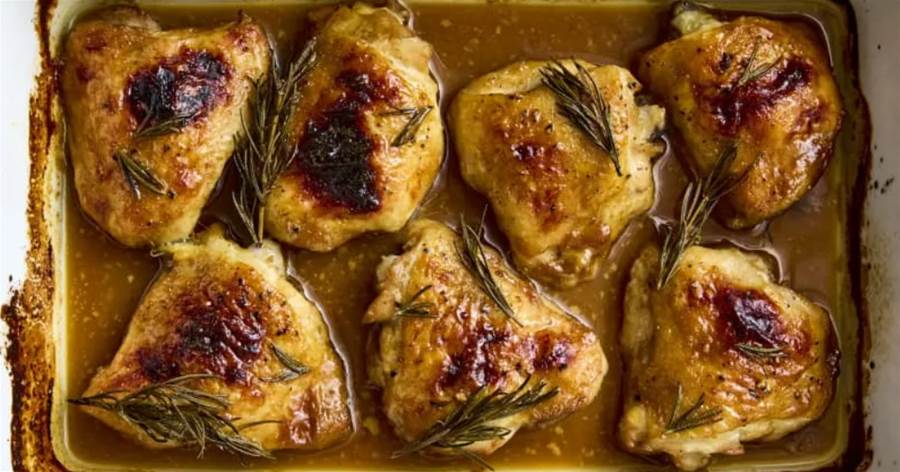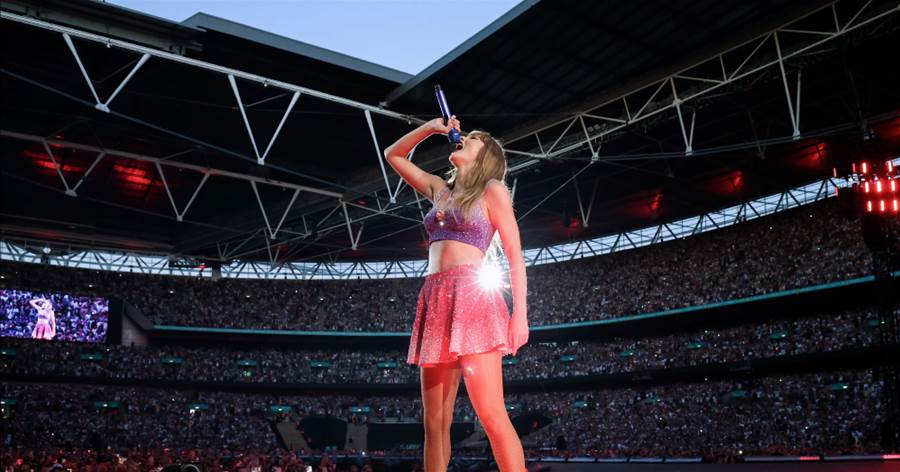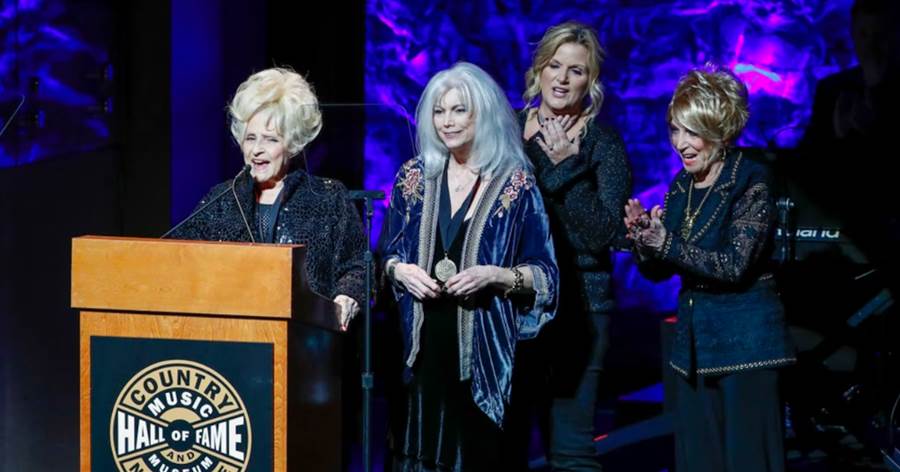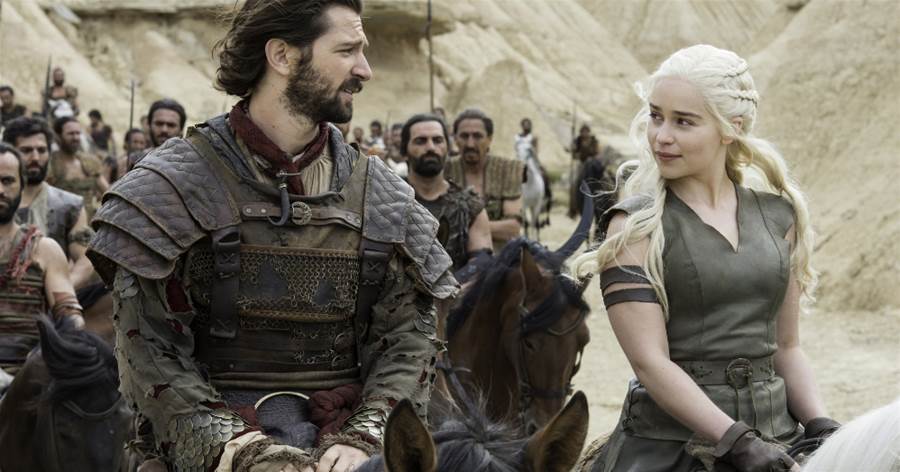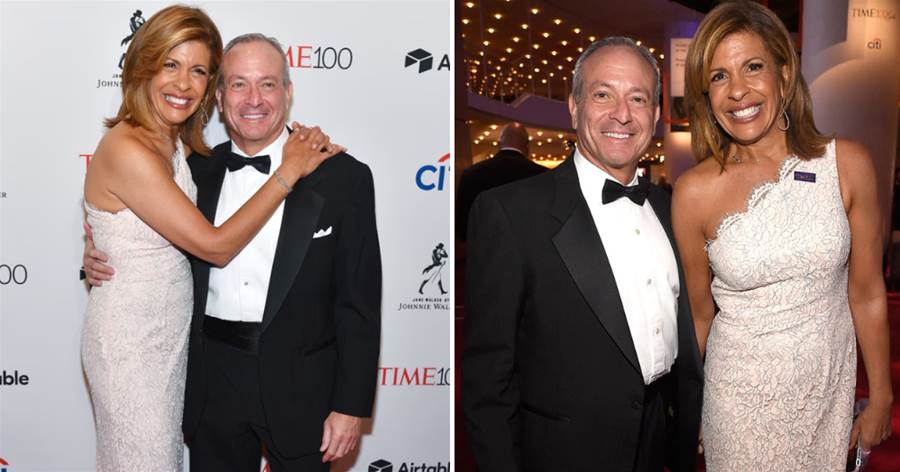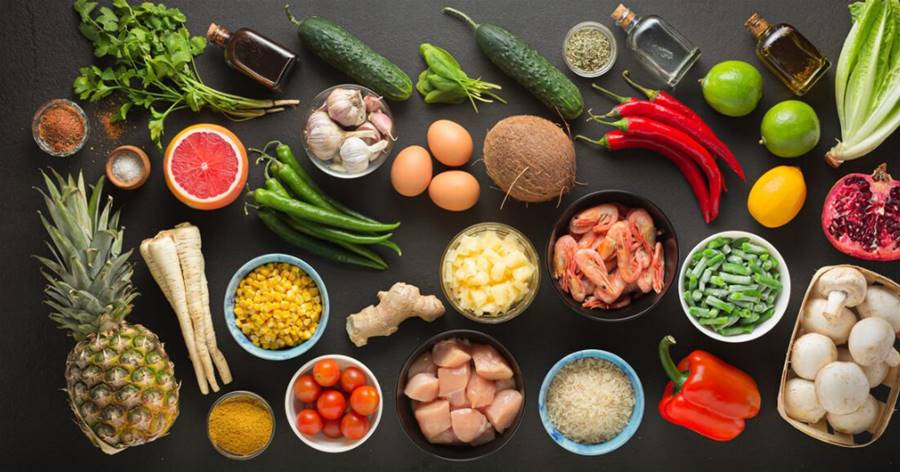
Generally, fasting is required after gastrointestinal surgery, and the patient is given liquid food after passing gas. After colon cancer surgery, the patient must wait until the intestinal anastomosis heals before eating, which means that the patient can gradually resume eating five days after the surgery.
Nutritional support is given through parenteral nutrition during fasting.

Due to advances in surgical techniques, many patients can start eating earlier after surgery, but this should be decided by the doctor based on the condition.
On the other hand, sometimes the doctor will choose to place a jejunal nutrition tube in the patient. Depending on the recovery of small intestinal peristalsis function, 250 ml of 5% glucose sodium chloride liquid can be slowly dripped through the nutrition tube usually 24 hours after surgery for examination.
Check whether the nutrition tube is unobstructed and observe the recovery of intestinal peristalsis. If there is no flatulence, different formulas of enteral nutrition can be selected the next day according to the situation, but the dosage, speed and time of the infusion should be adjusted by the doctor according to the condition.
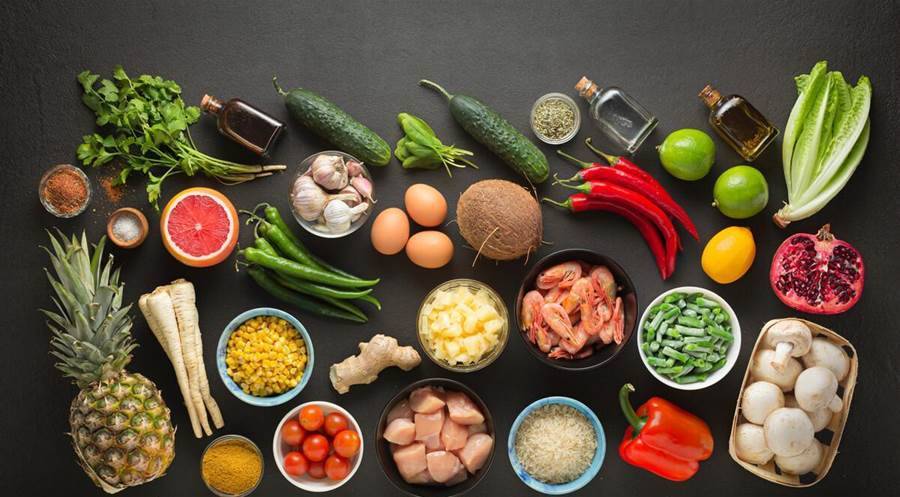
The article is not finished. Click on the next page to continue.
The article is not finished. Click on the next page to continue.
Next page



